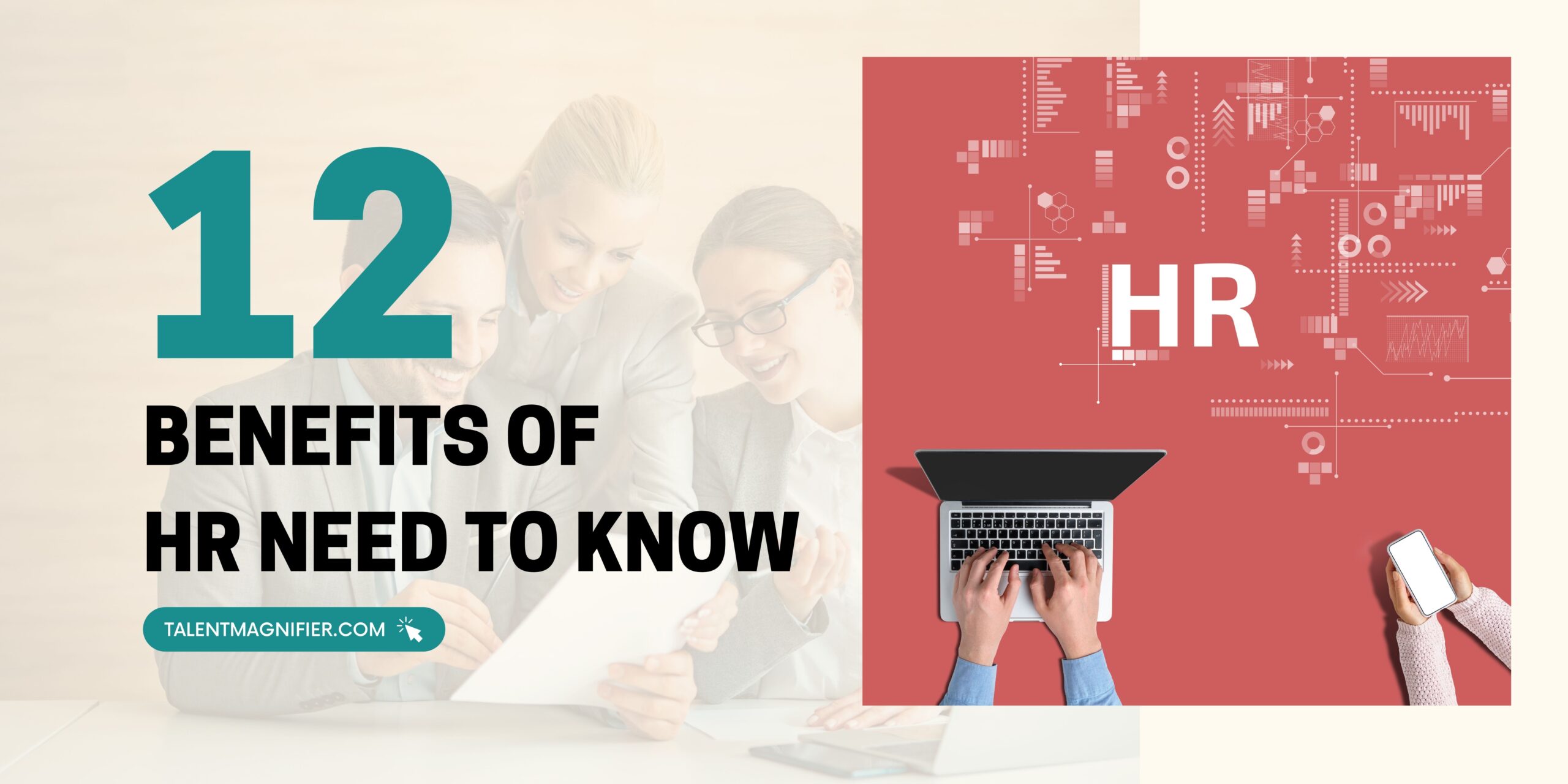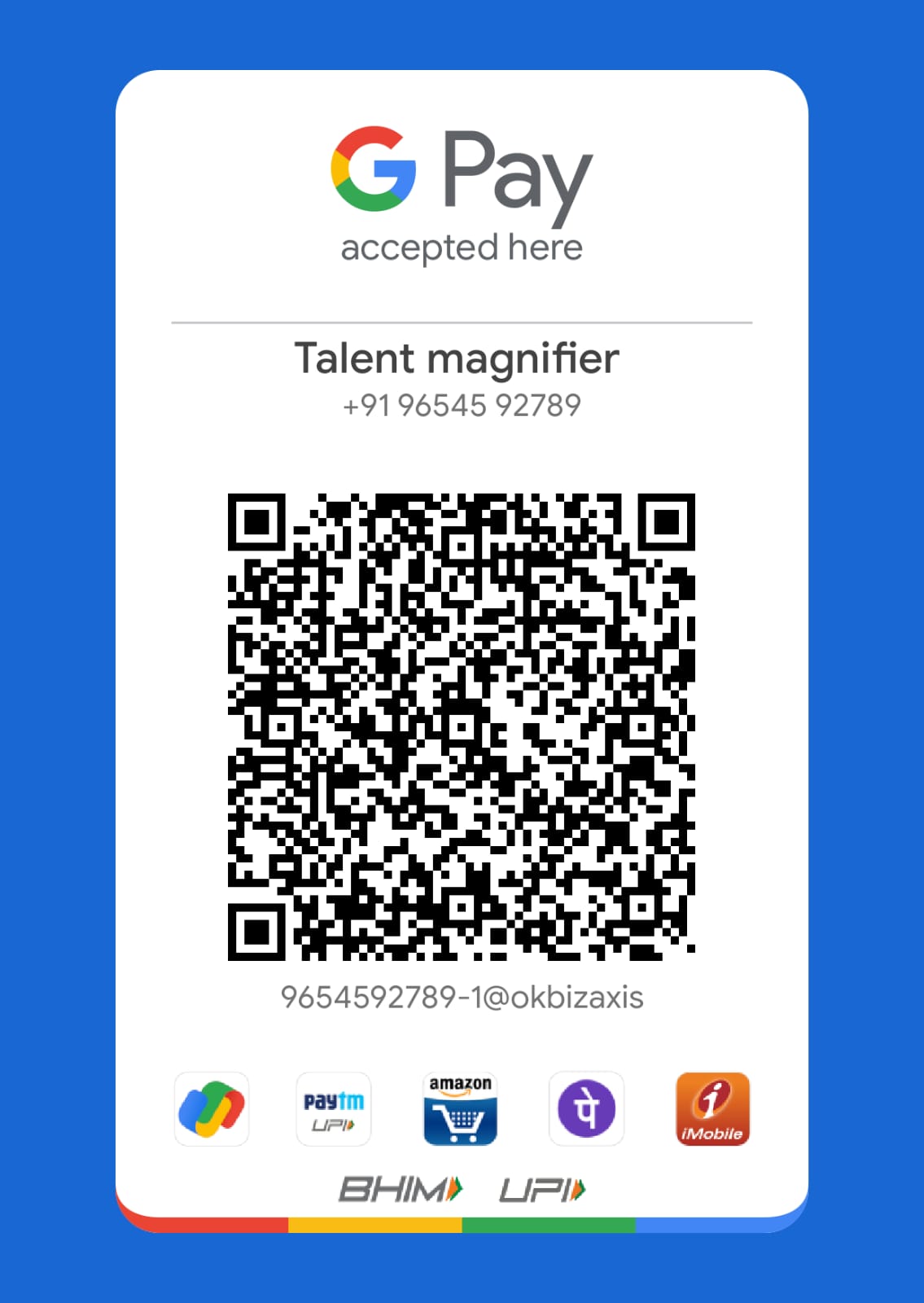12 Benefits HR Need to Know
Employ benefits are equally important for employer and employee. Compensation to employee help to employer better understands the capabilities of the employee.
Employee benefits
Basic employer and employee contract: as many hours spent in an office or job, the employer paid wages and salaries in return for that time and work. This offer not only wages or salaries but also some employee benefits packages this is known as extra pay serve the employee with his salaries and wages like stock option, medical insurance, and health insurance. These benefits serve different in specific countries. Life insurance is a very important benefit in employee benefits. In this article, we will cover 12 employee benefits described below
1. Medical benefits: This insurance covers doctor visits and prescriptions offered by doctors.
- Dental insurance: this insurance includes dental benefits because the tooth is an important part of the body and it can be needed treatment for the smoothly working health of the employee. This insurance covers fluoride treatment, cleaning, and X-rays.
2. Life benefits
- Life insurance: Employers offer employee life insurance as last at employee employment and the specific amount of money given to employee beneficiaries. Life insurance policies for group term life insurance. The company covers all staff-member insurance. The cost of these types of policies is less than individual policies. These types of policies are popular among employers.
3. Sick leave: A healthy employee works more effectively so the employer offered the employee paid sick leave. During that leave, employees feel too sick and not able to do work and not able to come office. Paid sick leave offered a few days off from the office but the employer paid that off time and encourages employees to rest and also helps to avoid infecting another employee.
4. FMLA (Family and medical leave): If an employee full-time work and does great in his performance then the company offered FMLA. The employer offered that leave to eligible employees.
Requirement for FMLA
- If an employee work for an employee for company at least 12 months.
- Employee work with 50 other employees of the company.
The company allowed 12 workweeks off unpaid leaves for the care of the new child. To implement these leaves need to consult local employment law.
5. Disability insurance policies: these are two types of disability insurance one is short-term and the second is long-term.
- Short-term insurance: illness and injury covered for a short period. Its covers 6 months
- Long-term disability insurance: more serious disability covered under this policy where the employee is unable to work permanently or indefinitely. It covers 5, 10, or 20 years.
6. Stock option: Thirty years ago these benefits were offered to the highest performing employee. Nowadays company is a trend to do that allows employees to interest in the company from its early stage before it’s become popular. This help to get fuel for companies. The employee is the best resource for the company. Who will witness the growth of the company? Through stock options, few shares are allowed for employees.
7. Flexible work hours: The first company provides training that tests the skill of employees and does their work independently. Employer provides shorter shift and lenient schedule which offer employee to completing your all work which offers by the company.
8. Reward strategy: to increase the morale of Employee Company provide a reward system in which the company offered a reward for performance and also gave birthday or anniversary gift. Achievement awards are offered at parties and get together which encourages the confidence of employees. Encourage employees to work more dedicatedly for the company.
9. Development of skill: as technology is increasing day by day so company provide a training program for the employee which help employee more advanced and skillful. Education is provided by employers to enhance the morale of employees.
10. Retirement plans: In the package of employee retirement plans give benefits to employees. These types of plans include a pension account or other saving account that allows the employer some percentage of your paycheck that’s benefited when employees leave jobs. It’s for small businesses to retain and attract employees.
11. EAP( employee assistance program): It helps the employee to solve his problem like marital, emotional, and financial because that type of problem affects the performance of the employee.
12. PTO: Paid volunteer time off is beneficial to take your interest in work, help to relax, and in return provide the company with good work according to employee interest. Call vacation policy is now on trend because a few days –off give a boost to the performance of employees.
Unlock the power of HR with Talent Magnifier comprehensive training. Gain insights into 12 critical HR benefits for success in the dynamic workplace. Enroll now!



1 Comment